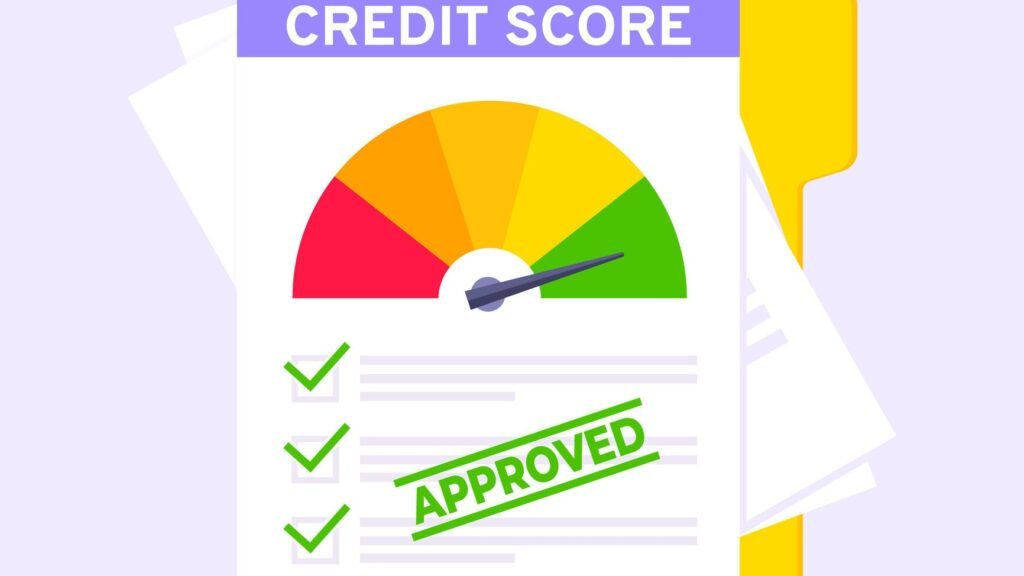The Evolution of Consumer Lending Policies
Over the years, there have been significant changes in consumer lending policies that have aimed to provide a fair and transparent borrowing environment for individuals. One notable aspect of this evolution has been the increased emphasis on responsible lending practices. Lenders are now required to thoroughly assess borrowers‘ financial capacity and ensure that they have the ability to repay their loans without undue hardship. This shift has been driven by the recognition that reckless lending can lead to financial instability for borrowers and have broader negative impacts on the overall economy.
Another important development in consumer lending policies has been the introduction of legislative measures to curb predatory lending practices. These practices often target vulnerable individuals who are in need of quick cash but may not have the means to repay their loans on time. In response to this, regulators have implemented stringent regulations to prevent excessive interest rates and fees and to ensure that lenders are transparent in their dealings with borrowers. These measures have been instrumental in safeguarding borrowers’ interests and preventing potential exploitation by unscrupulous lenders.
The ongoing evolution of consumer lending policies reflects an ongoing commitment to protecting consumers and promoting financial well-being. While these policies have made significant strides in improving the lending environment, there is still room for further improvement. In the next section, we will explore the need for consumer protection in small dollar lending and the challenges that remain in ensuring a fair and equitable borrowing experience for all individuals.
The Need for Consumer Protection in Small Dollar Lending
Consumer protection is a crucial aspect in the realm of small dollar lending. As the demand for quick access to funds increases, so does the vulnerability of consumers who may fall victim to predatory lending practices. These practices often target individuals who are financially vulnerable, resulting in high interest rates, hidden fees, and debt traps that can be difficult to escape.
Without proper consumer protection measures in place, the consequences can be severe. Borrowers may find themselves trapped in a cycle of debt as they struggle to repay their loans due to exorbitant interest rates and unfavorable terms. This can have a detrimental impact on their financial well-being, leading to financial instability and a diminished credit score. It is therefore imperative that policymakers and regulatory authorities address this issue by implementing comprehensive consumer protection policies to safeguard the interests of borrowers in the small dollar lending industry.
Understanding the Impact of Predatory Lending Practices
Predatory lending practices have emerged as a significant concern in the consumer lending industry, particularly in the realm of small dollar lending. These exploitative tactics often target low-income individuals and communities who are already financially vulnerable. The consequences of predatory lending can be devastating, leading to a cycle of debt and financial instability for borrowers.
One of the key impacts of predatory lending is the exorbitant interest rates and fees that borrowers are subjected to. These lenders often charge excessively high rates, far beyond what is reasonable and fair. As a result, borrowers may find themselves unable to make payments, leading to additional charges and penalties, exacerbating their financial distress. Moreover, these practices can trap borrowers in a never-ending cycle of debt, as they struggle to repay the loans and keep up with the escalating costs imposed by predatory lenders.
In conclusion, understanding the impact of predatory lending practices is crucial in addressing the negative effects it has on consumers. By recognizing the harm caused by these practices, regulators and policymakers can take effective measures to protect vulnerable borrowers and ensure fair lending practices in the consumer lending industry.
Legislative Measures to Safeguard Borrowers’ Interests
In order to protect borrowers from predatory lending practices, legislators around the globe have implemented various measures to safeguard their interests. These legislative initiatives aim to create a fair and transparent lending environment, ensuring that consumers are not taken advantage of by unscrupulous lenders.
One common legislative measure is the establishment of maximum interest rates that lenders can charge on loans. By setting limits on the amount of interest that can be charged, these measures aim to prevent lenders from exploiting borrowers in desperate financial situations. Additionally, legislation often requires lenders to provide clear and concise information about the terms and conditions of the loan, ensuring that borrowers are fully informed before entering into an agreement. These measures not only protect consumers from unfair practices but also promote responsible lending practices in the industry.
In recent years, there has been a growing recognition of the need for stronger consumer protection in small dollar lending. This is particularly important as financially vulnerable individuals often rely on these loans to meet their emergency expenses. Despite the existence of legislation, however, the effectiveness of these measures is a subject of ongoing debate. Some argue that stricter regulations are necessary to close loopholes and address emerging predatory practices, while others believe that too much regulation could hinder access to credit for those who need it most. Evaluating the impact of legislative measures on borrower protection is crucial to ensure that the regulatory framework evolves and effectively meets the needs of consumers in an ever-changing lending landscape.
Assessing the Effectiveness of State-level
State-level payday loan regulations have been implemented across the United States with the aim of protecting consumers from predatory lending practices. These regulations typically set limits on the interest rates, loan amounts, and fees that lenders can charge. Proponents argue that these measures help prevent borrowers from falling into a cycle of debt, while opponents contend that they restrict access to credit for those in need.
While the effectiveness of state-level payday loan regulations varies from state to state, studies have shown mixed results. Some research suggests that these regulations have successfully curbed the number of payday loan storefronts and reduced the overall amount of payday loan borrowing. However, other studies indicate that borrowers simply turn to online lenders or alternative forms of short-term lending to meet their financial needs. Additionally, some critics argue that these regulations have unintentional consequences, such as pushing borrowers towards unregulated lenders or causing a loss of jobs in the payday lending industry. As such, further examination and evaluation are necessary to fully assess the impact and effectiveness of state-level payday loan regulations.
Exploring Alternatives to Payday Loans for Financially Vulnerable Individuals
One potential solution for financially vulnerable individuals who are in need of quick cash is to explore alternative lending options. These alternatives can provide borrowers with more flexible terms and lower fees compared to traditional payday loans. One such alternative is installment loans, which allow borrowers to repay the loan in fixed monthly installments over a longer period of time. This can provide borrowers with more manageable repayment terms and the ability to budget their finances accordingly.
Another alternative to payday loans is credit union payday alternative loans (PALs). These loans are offered by credit unions and are designed to provide a more affordable borrowing option for consumers in need of short-term loans. PALs typically have lower interest rates and fees compared to traditional payday loans, making them a more financially viable option for borrowers. Additionally, credit unions often provide financial counseling and support, helping borrowers to improve their financial literacy and make informed decisions about their borrowing needs.
Overall, exploring these alternative lending options can help financially vulnerable individuals to access the necessary funds without falling into the debt cycle often associated with payday loans. These alternatives not only offer more flexible repayment terms and lower fees, but also provide borrowers with the opportunity to improve their financial situation and make better choices for their financial future.


